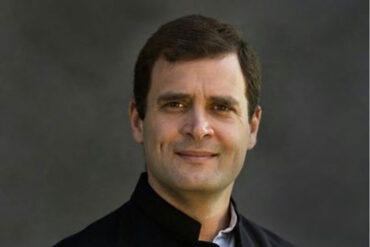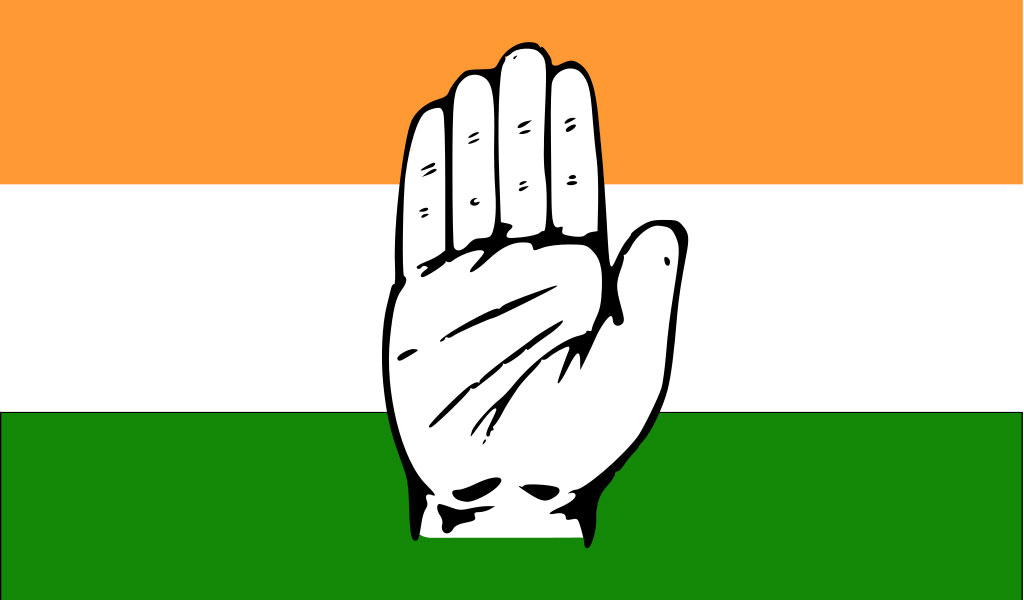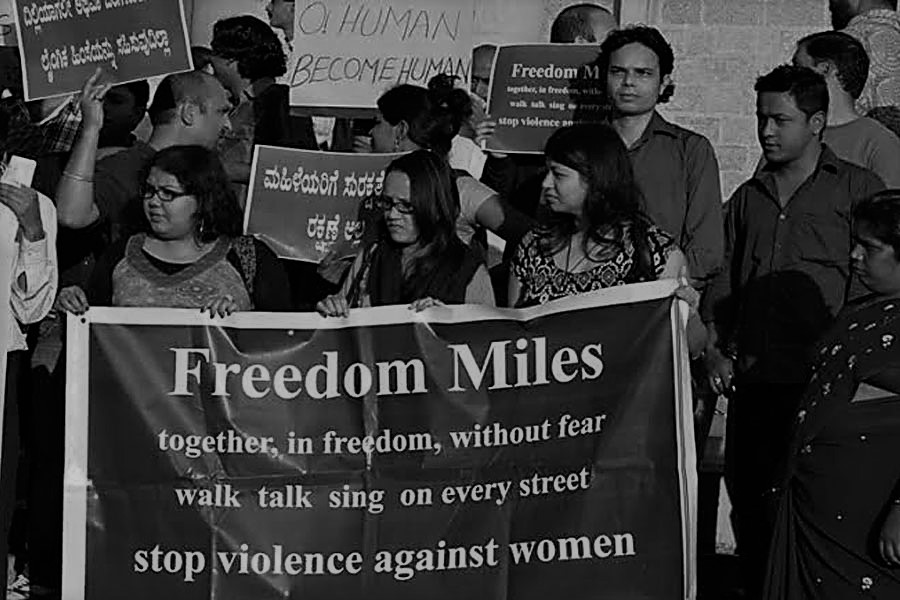Ever since the Jyotiraditya Scindia has left the Congress for arch rival Bharatiya Janata Party (BJP), speculation is that some other young Congress leaders will follow suit. And the Congress government in Madhya Pradesh, one of the few large States the party holds, is under threat. Even if Scindia’s mass appeal is questionable and the Kamal Nath government survives, the developments hardly have any upshot for the Congress and are bound to add to the rumblings the party has seen in recent weeks.
Several high-profile Congress leaders have spoken up lately, suggesting that the time for whatever introspection the party has been engaged in since the 2019 parliamentary election debacle is over. Among the priorities they have suggested are: a settlement of the central leadership issue; sharper, more consistent positions on issues of nationalism and Hindutva; early, merit-based identification and long ropes for state-level leaders; and, greater thrust on cementing alliances.
Prima facie, there is little exceptionable in what is being advocated. The interim party president is clearly not a sustainable arrangement. It would not have been interim otherwise. Nationalism and Hindutva are inescapable engagement points given how central they are to the BJP’s appeal and the sizeable space they have come to occupy in popular discourse. The need for restructuring the party, promoting fresh faces, and alliance-making have been obvious–and spoken about–for a while.
If and when the Congress chooses to act on this broad revitalization agenda, there are three questions it is likely to be confronted with.
- Given that the party hasn’t done too badly in recent assembly elections, are the party’s problems being over-stated?
- What exactly does a clear position on nationalism and Hindutva imply? A firm rejection of how the BJP has come to interpret them? Their embrace with the object of nullifying the BJP’s advantage? Something in the vast middle ground between unequivocal rejection and earnest embrace, in the hope of retaining liberal support and earning that of the disenchanted and fence-sitting?
- Since the First Family with all its famed goodwill and clout has struggled to get the internal buy-in needed to revamp the party apparatus, what realistic chances will an outsider at the helm have?
The first question is simple to answer. No, the Congress’ problems aren’t exaggerated by any stretch, and assembly election outcomes do not signal preparedness for a national-level challenge. The different dynamics of assembly and parliamentary elections, especially with the Narendra Modi factor more directly at play in the latter, means that performances at the state-level will be tough to repeat at the national level.
The other questions are trickier. Consorting with Hindutva and the BJP’s interpretation of nationalism would be unwise for the Congress–risking acceleration of majoritarian impulses, promising no certain electoral reward in the near-term, and only further empowerment for the BJP in the long term–and the challenge with respect to these is not of position-setting, but that of correcting impressions about the Congress being anti-Hindu and, as corollary, ‘anti-national’.
That does not make things any easier. In the present climate, it will require astute and imaginative signaling on the Congress’ part to dispel such impressions, especially if ideological concessions remain a no-no for the party. A parallel and vigorous effort to bring back focus on economic issues would be important too, not just to figure a way out of the blight that has set in but also to give economic issues the vital salience they have lost amidst specious, communally-charged debates.
The final question, that of leadership, is, in some ways, the toughest to engage with. When it comes to structural overhaul of the party, a non-Gandhi president is likely to see even greater internal pushback than the Gandhis have. So, a change at the top won’t help much unless issues that have sabotaged internal reform are responded to.
This, in turn, would require entrenched, vested interests to be called out, deadwood to be shed, and strengthening internal mechanisms for voicing and reconciling opinions and enforcing discipline. Again, some of this has been said before but has generally been left to the very cabals responsible for the malaise to execute–with predictably disappointing results.
A more appropriate forward then for the Congress to view the leadership question as one among the several organizational issues at hand and settle it as part of a bold, one-stroke overhaul of party units at various levels and internal processes. Besides its immense value in signaling fresh intent and resolve, it would ensure that the new leader starts off with a manageable load on her plate. There would, of course, be loud disgruntlement and some exits too, but that is inevitable with renewal projects. Individuals speaking out are right. Drifting and incrementalism will not take the party far.







